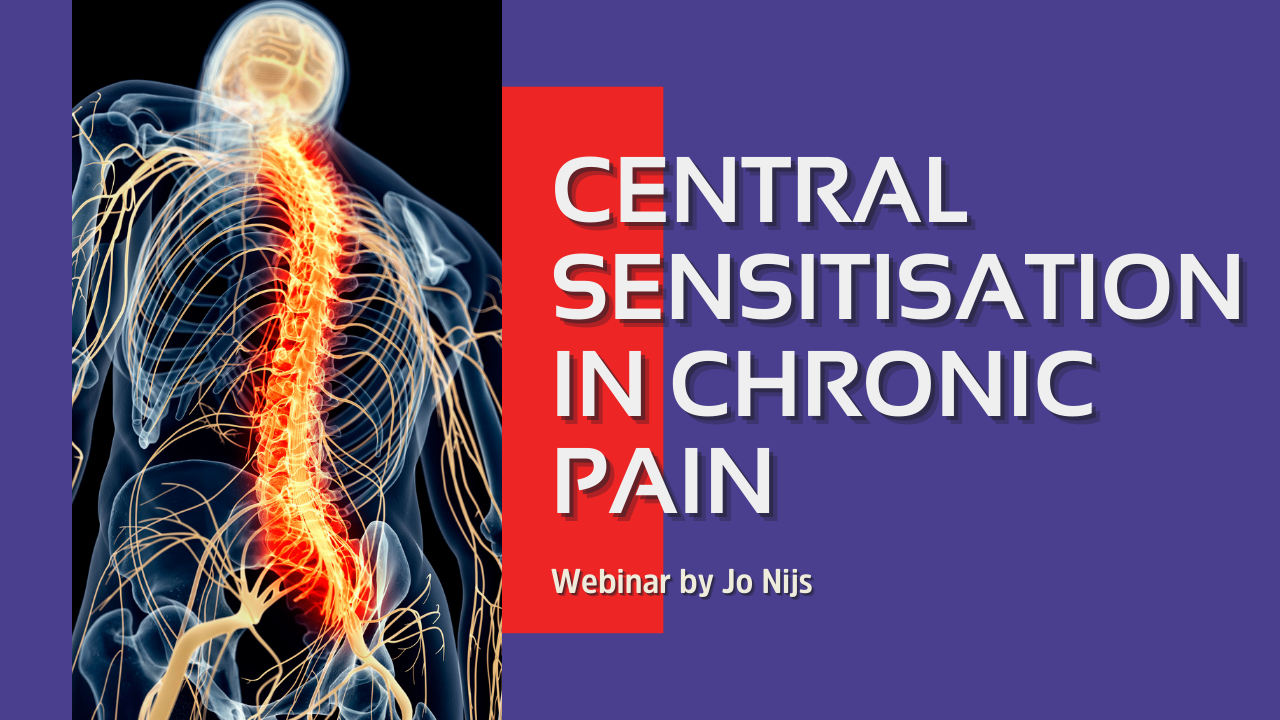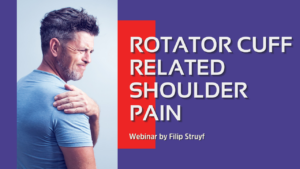Jo Nijs – Central Sensitisation in Chronic Pain (Webinar)
€ 35,00
Courses Included
Description
Goals:
– Learn and critically discuss the latest discoveries regarding central sensitization in chronic pain conditions.
– Better identification of patients with a dominant central sensitization pain pattern. Indeed, central sensitization predicts poor treatment outcome in multiple
– Learn and critically discuss the latest discoveries regarding effective treatment strategies to reduce central sensitization, including pharmacological and non-pharmacological strategies.
Content:
Chronic pain is recognized by the World Health Organization as a central nervous system disease and a globally leading cause of disability and enormous healthcare costs. The discrepancy between tissue damage and the magnitude of pain represents a diagnostic challenge for clinicians. Mounting evidence points towards central (nervous system) sensitization as the reason for this discrepancy. While we used to believe that central sensitization is limited to a number of ‘nonspecific’ chronic pain conditions such as fibromyalgia, failed back surgery, and chronic whiplash-associated disorders, we now understand that it is common in a large variety of pain conditions, including osteoarthritis, rheumatoid arthritis, Ehlers-Danlos syndrome, upper extremity tendinopathies, headache, post-cancer pain, post-surgical pain, neck pain, low back pain, pelvic pain, visceral and pediatric pain. This webinar will focus on the latest discoveries regarding central sensitization in these pain conditions, to show that recent work allows better identification of those patients with a dominant central sensitization pain pattern, which is crucial to steer treatment. Indeed, central sensitization predicts poor treatment outcomes in multiple patient populations, typically in response to treatment targeting peripheral tissues (e.g. muscles & joints). The webinar will also share the latest discoveries regarding effective treatment strategies to reduce central sensitization, including pharmacological and non-pharmacological strategies. Together, the latest discoveries clear the path towards precision medicine as the most effective way to address the chronic pain pandemic together.
Speaker: Jo Nijs

Curriculum:
- What is central sensitisation?
- Non-sense of central sensitisation
- Sense of central sensitisation




